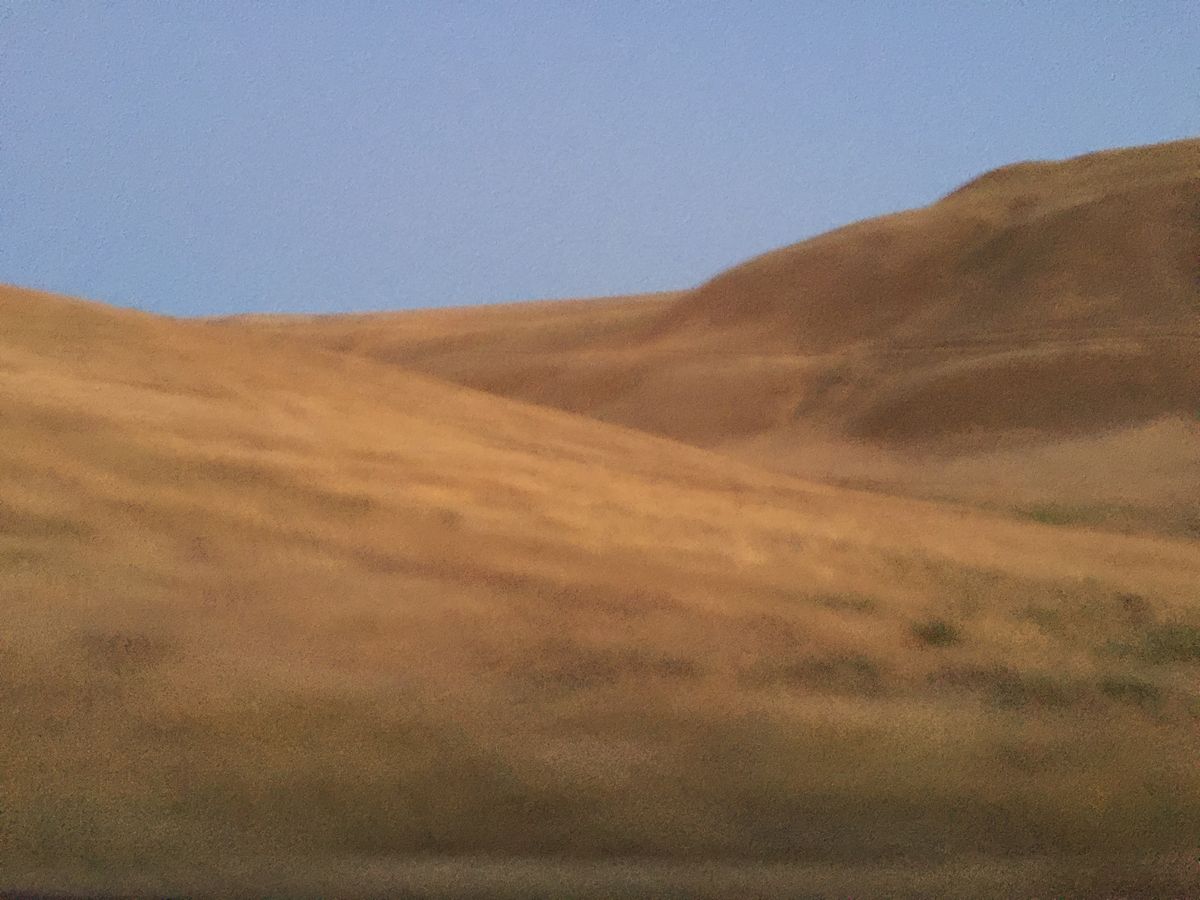For the love of good farmers.

Apples, cherries, grapes, and hops. I am fascinated with agriculture.
Wonder worked its way down my spine while I looked out across the verdant Yakima River Valley from a rental RV, the fruits of some of Washington state’s almost 40,000 farmers on awesome display. Ice-edged mountain tops of the north Cascades evolve over 200 miles, melting into the undulating, sage-brushed hills of the Yakima River Valley, the oldest and largest AVA (American Viticultural Area) in Washington state. It is here that Washingtonians have immediate access to some of the most productive, diverse agricultural land on the planet:
“Washington ranks first in the U.S. for production of 11 commodities, including apples, sweet cherries, pears, hops and red raspberries. Growers’ production ranks second in the U.S. for an additional eight commodities, including potatoes, grapes and onions. Washington is also the second-largest producer of wine in the U.S. The state’s diverse agricultural economy includes aquaculture, farm forest products, cranberries, spearmint and peppermint oil and mink.” National Association of State Departments of Agriculture (NASDA)
Yakima Valley Wineries Map
Drought is Bearing Fruit for Washington Wineries
Chocolate and Wine Are More Similar Than You Think
The drive from Seattle to Prosser isn’t that long: four hours or so, over Snoqualmie Pass, through Ellensburg and Yakima, out of the Puget Sound rain shadows, straight into the eastern Washington desert. I’ve driven this road hundreds of times, mostly in the act of broken parenting, shuttling Seth and Michaela from Ellensburg to the Tri-Cities, from Mukilteo to Ellensburg, transferring them to and from weekends with their dad. The man who introduced me to this beautiful state in the first place, even though I hated him for it at the time. I’ll never forget that day in the fall of 1990 when, as a naive 22-year old who’d barely set foot outside the Four Corners region, we drove through a blizzard crossing from Oregon into Washington. A type of blizzard I’d never seen before: comprised of dirt instead of snow.

Laura’s birthday dinner in 100-degree heat under a delightful, man-made mist in Prosser, Washington. July 28, 2016.
Until I started making chocolate, I never really looked out the window at these freeway landscapes through this lens of wonder. I never thought much about the farmers and their fruits. The vintners and their wines. The ranchers and their milk.
“Washington’s combination of rich soils, diverse climates and large-scale irrigation make it one of the most productive growing regions in the world. The cool, moist valleys of Western Washington are ideal for raising milk cows, berries, nursery products, flowers and poultry. Eastern Washington, known for its desert-like climate, has both irrigated and dry land farms. Agricultural highlights include cattle ranching, dairy farms, wheat, apples, pears, cherries and other tree fruits, as well as varieties of grapes and vegetables.” National Association of State Departments of Agriculture (NASDA)
Comparing California, Washington wine
Now that I make chocolate, I look at everything through a lens of agricultural wonder. And I think about the farmers who grow our food. The farmers who, via indulging their passion for science, mechanics, and biology via the practice of agriculture, brave the blizzards and the bugs and the booms and the busts and heat and the dust to feed us. All of us. And I am grateful. So very, very grateful. You should be, too.



